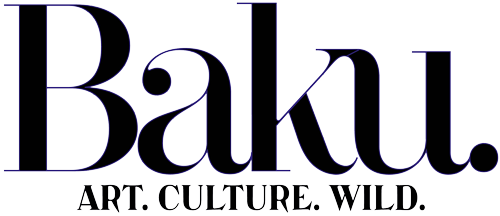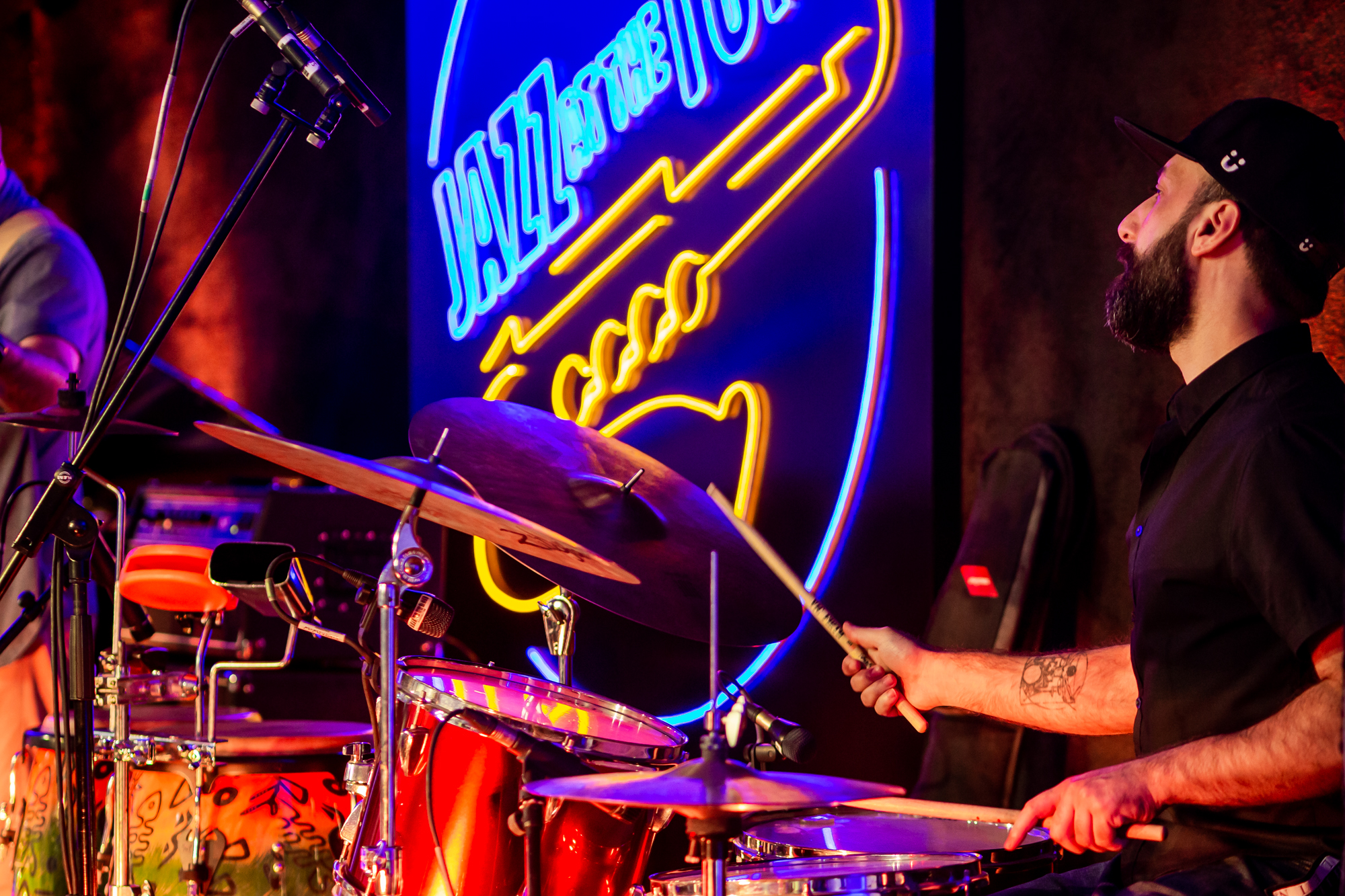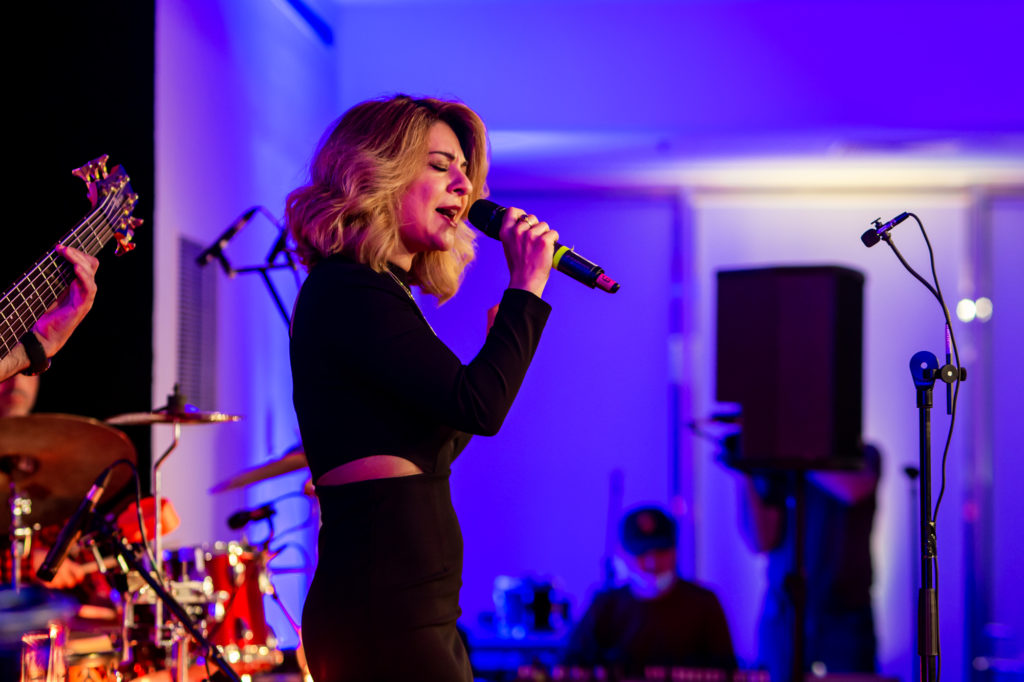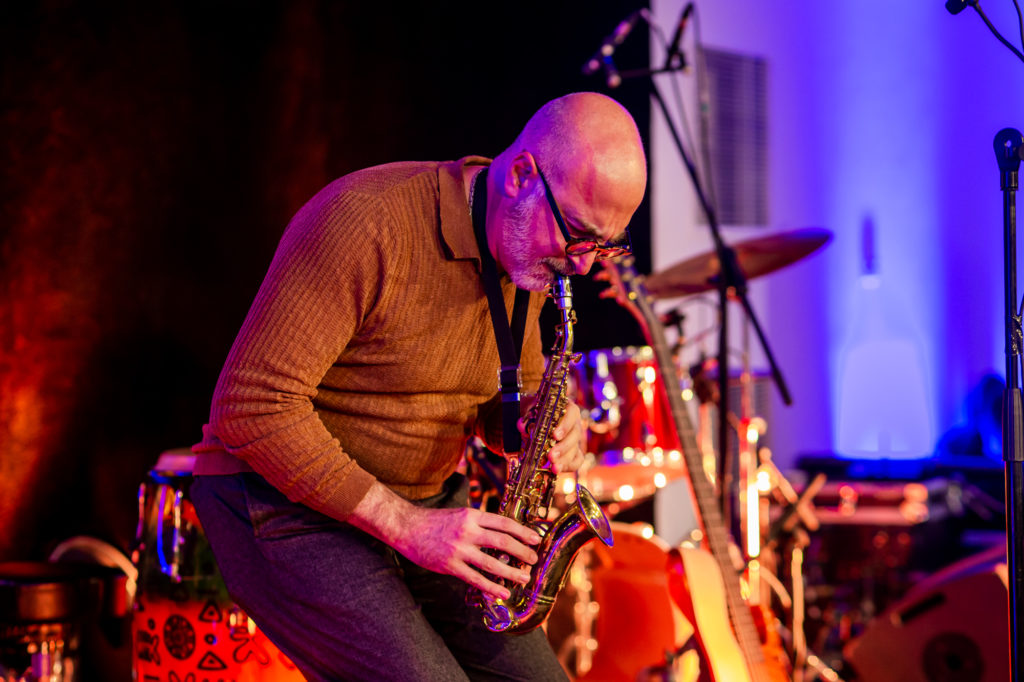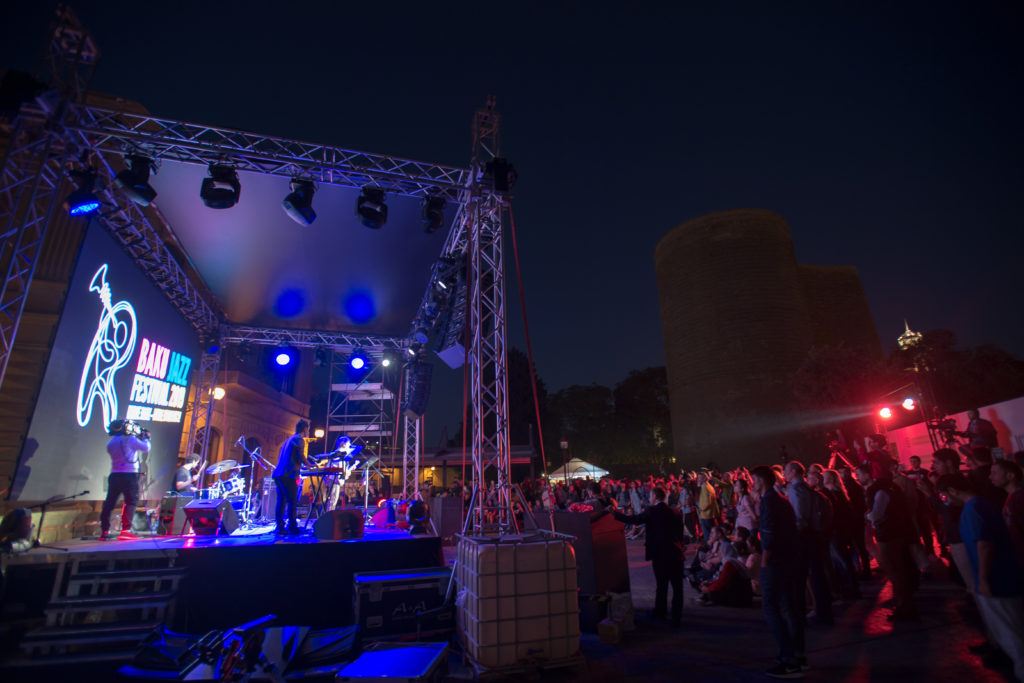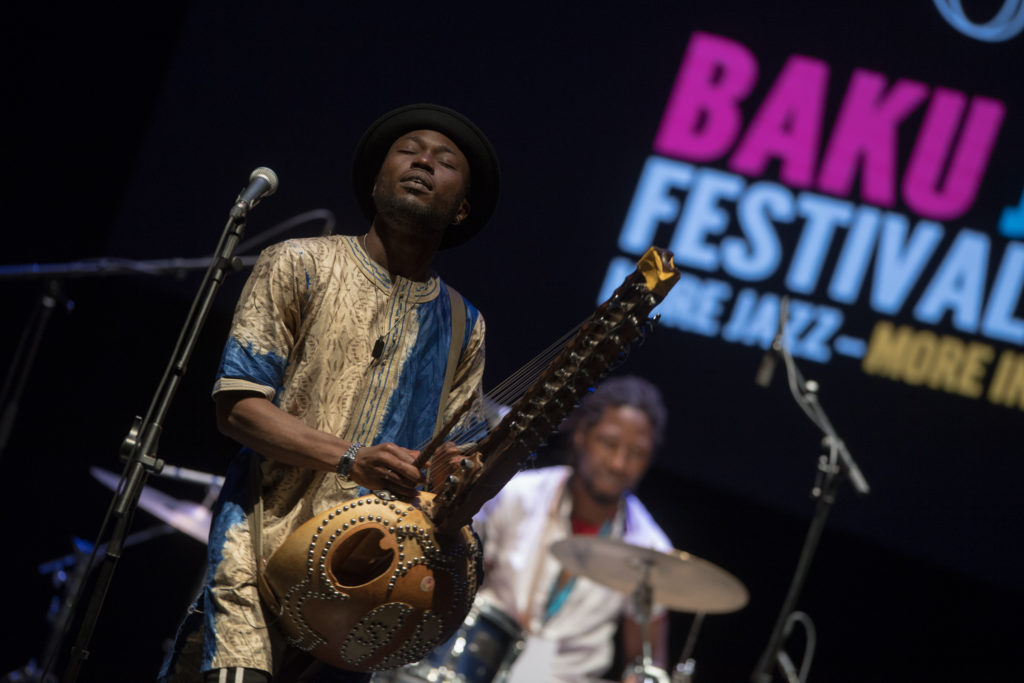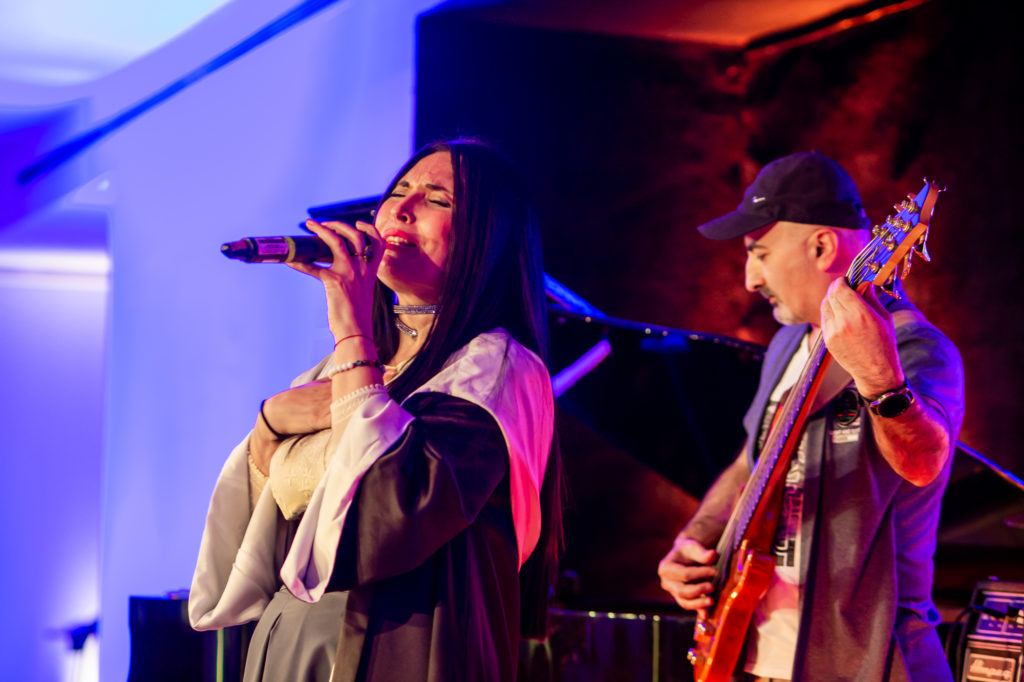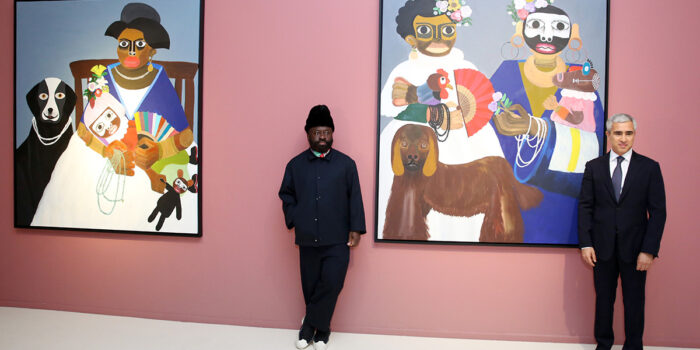Baku’s jazz musicians are famed for their continuous experimentation with classical jazz and traditional ethnic music. Their audiences are also more diverse than anywhere else in the world. Ahead of International Jazz Day, Ella Johnson speaks to Leyla Efendiyeva, director of Baku Jazz Festival and Editor of Jazz Dünyasi magazine, about how Baku continues to innovate the genre on the global stage
Baku: How will Baku be celebrating International Jazz Day this year?
Leyla Efendiyeva: There has been a revival in Baku: musicians and the media are awakening from sleep, and we are being flooded with memories of the exciting and complex history of the formation of our jazz, which is so close to the hearts of Azerbaijanis. This year, we have several events and concerts dedicated to International Jazz Day. After a short break, due to the pandemic, a special edition of Jazz Dunyasi will be released on 30 April.
Baku: What does that complex history look like?
LE: [Globally speaking,] the jazz genre is associated mainly with the elite, the intellectual public. However, in Baku, which is at the intersection of the East and West, our jazz is listened to by a completely different audience – people belonging to all different social strata and age categories. In the last century, jazz was still defending its place, proving its viability, its formation was taking place. At the beginning of the 20th century, the independent spirit of foreigners prompted the desire to go beyond the obstacles of Soviet power – and now, jazz has a choice. This year, we are dedicated to the 100th anniversary of Parviz Rustambekov, who has become a symbol of Azerbaijani jazz: rebellious, freedom-loving, and hard-bitten.
Baku: How has this influenced Azerbaijan’s jazz style in practice?
LE: Most people say that our musicians perform jazz mugham. However, I don’t believe this is entirely true. Most of the professional jazz musicians in Azerbaijan have received a classical education, so they have an excellent knowledge base in terms of traditional ethnic music and classical music. This creates amazing opportunities when performing, improvisations based on traditional jazz, interspersed with classics and mugham. This is complemented by the soul and technical mastery of the instrument. It is not so much a style, but a feature of our performers.
Jazz Day, like the International Baku Jazz Festival, is an incentive for our musicians to create new musical projects. We are not part of America or Europe, where you can stream jazz music. It is important to preserve the traditions of jazz, and also to develop and expand its scope.
Baku: What are your plans for the Baku Jazz Festival, this September?
LE: The break caused by the pandemic gave us the opportunity to review our work to date. We have accumulated strength and are ready for new and interesting work, both emotionally and physically. This year, we plan to organise more outdoor concerts for city residents and tourists. Large concert halls and clubs will also be involved. The programme, as always, is diverse. We are open to new ideas and are always interested in bringing something new and fresh to the festival.
Baku: What kind of diversity will the festival bring?
LE: Jazz, in terms of styles, has developed so much in modern times that it has a completely different listener. For example, those who attend jazz-rock concerts are more likely to not attend bossa nova. We therefore try to offer different styles in order to attract new listeners to it. Probably for some of them, it will be a discovery.
Baku: How does Baku Jazz Festival engage emerging artists?
LE: Baku Jazz Festival is known for supporting emerging but talented world performers. Our goal is the development of jazz in Azerbaijan, expanding the circle of listeners and ensuring that the next generation is introduced to high music, so that it learns to approach and listen to music thoughtfully. This enables the self-improvement of jazz to take place. For this year’s festival, a number of projects and a competition for young performers will be implemented.
Baku: Which young jazz artists are you most excited about?
LE: There are a few up-and-coming musicians who I hope will soon be able to prove themselves. These include participants in our competition, a couple of its winners and those who did not happen to take prizes. However, it makes sense to wait and observe how they work on themselves, how important personal aspirations and ambitions are for them. After all, we are only able to support them, give them the opportunity to play and guide them on the right path. Then everything depends on them.
Online Editor: Candice Tucker
